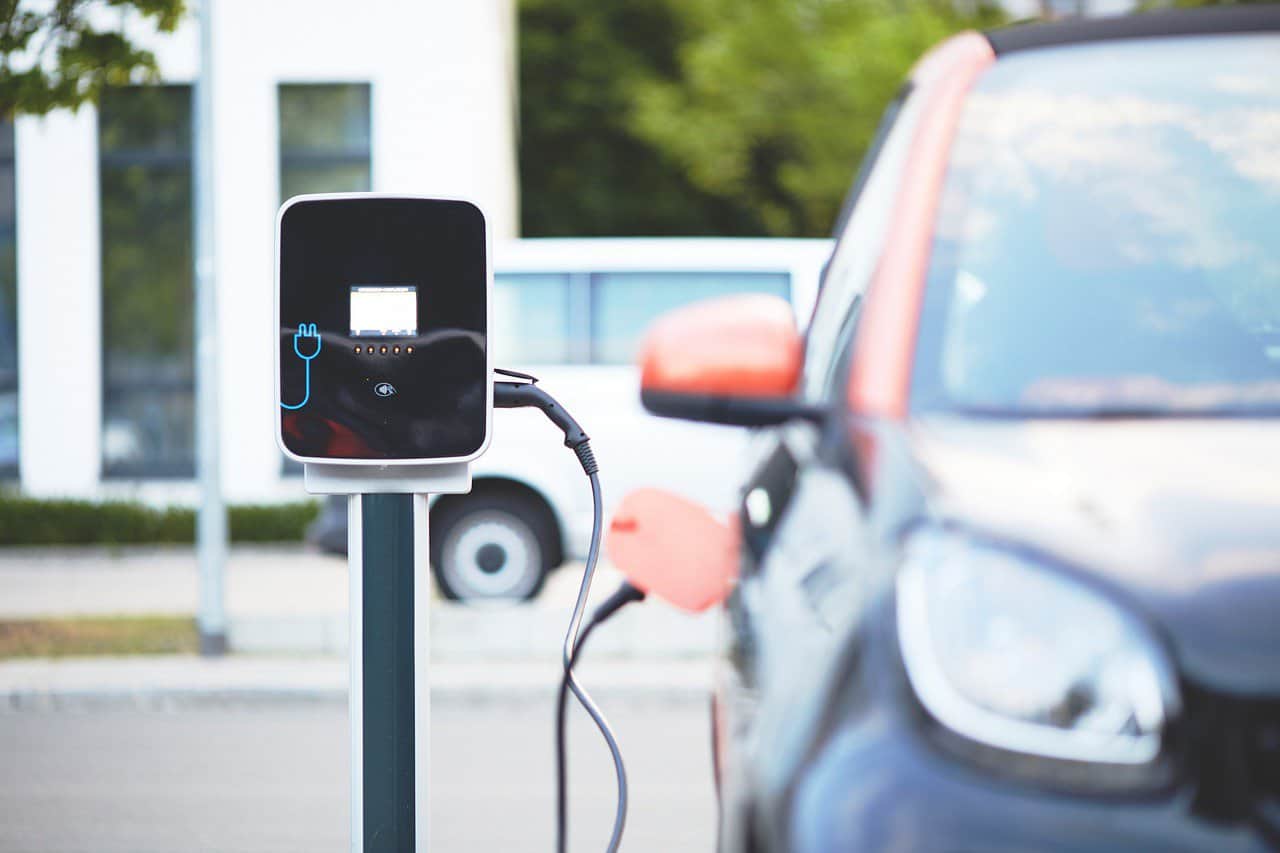Costa Rica has seen a major growth in the transition towards electric vehicles. The Costa Rican Electric Mobility Association (ASOMOVE) estimated that in 2023, 12,219 electric cars, motorcycles, bicycles, light-duty vehicles, buses, and cargo trucks were circulating in the country. ASOMOVE’s data showed that the accumulated total so far this year amounts to 17,903 electric vehicles.
Electromobility has advanced as an alternative in an upward curve in Latin America in general. However, it’s not growing at the desired speed, as the region still faces obstacles such as infrastructure for recharging units, diversity of suppliers, tax incentives for replacement, and, of course, the issue of financing to access vehicles.
Transportation is one of the main sources of pollution in the region, accounting for almost 39% of total greenhouse gas emissions in Latin America and the Caribbean, according to the United Nations Development Program (UNDP).
In December last year, Purdy—a Costa Rican distributor of electric vehicles—became the first official distributor of the Chinese brand XPENG and has recently incorporated the brands Higer and FAW, also of Chinese origin.
“We have incorporated pioneering brands such as XPENG, with its 100% electric technology; FAW, specializing in electric trucks; and Higer, which offers electric minibuses and buses. These options not only diversify our portfolio but also respond to the diverse needs of the market,” said Alejandro Rubinstein, CEO of Grupo Purdy.
He pointed out that the company is committed to providing clean and efficient alternatives that contribute to the development of more sustainable mobility in Costa Rica.
According to the Corporate Banking and Private Banking Association of Costa Rica, over the last two years, from a financing perspective, the most important growth has been seen in the placement of electric vehicles.
The company believes that the transition to electric mobility is necessary to “maintain the conditions of tax benefits. Currently, there are very attractive benefits from the point of view of tax exemptions, and it is important to gradually extend these tax exemptions on imports in the near future.”
Although the transition towards electric vehicles is important, a greener and more sustainable future must also include broader mobility plans. The Central American Bank for Economic Integration (CABEI) and the German Financial Cooperation, through KfW, announced the Sustainable Urban Mobility Program in Central America, which seeks to promote sustainable mobility projects.






